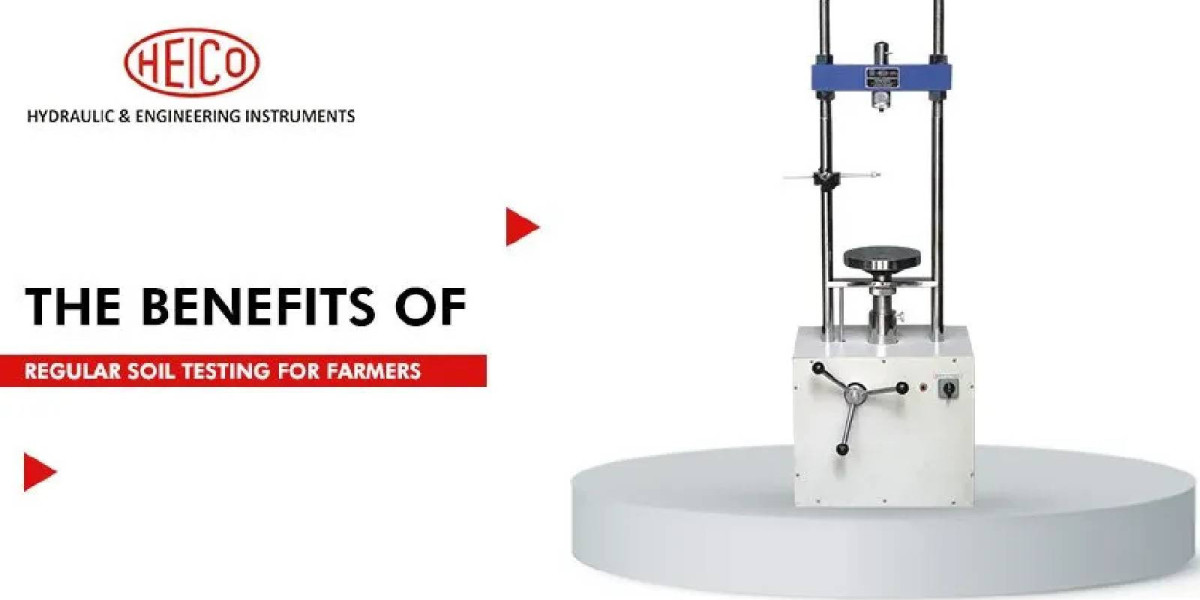Farmers can learn a lot about the distinctive characteristics of the soil through soil testing. Improved crop yields and soil health result from their ability to make data-driven decisions on soil management techniques. In order to do this, the concentrations of macronutrients have been measured such as phosphorus and potassium and modified the fertilizer recommendations appropriately. Understand the soil testing benefits precisely.
Since new technologies are constantly being developed, soil analysis is a field that is constantly changing and enabling you to gain a deeper understanding of the biology of the soil. DNA sequencing and eco-informatics are two instances of such technology. These techniques allow you to distinguish between the various soil bacteria and those that are actively influencing the soil micro-biome. The intricate interactions between plants, microorganisms, and soil nutrients can be considered in more focused methods to soil management. This data can be used to create such algorithms.
Soil fertility testing begins with collecting soil samples from various parts of a farm. They are then brought to a laboratory for examination. The samples are analyzed in a lab to ascertain important criteria such as microbial activity, illness risk, pH, nutritional levels, organic matter content, and everything else.
Since soil testing and soil testing techniques give farmers comprehensive information about the properties of their soil, farmers may find it useful. Crop yields and soil health can be enhanced by farmers using the information provided here to make well-informed decisions about soil management techniques.
What Makes Soil Analysis Crucial?
Soil testing is an important aspect of farming. Farmers collect soil samples each year to assess the circumstances under which their crops are growing. Because it enables farmers to determine the types of nutrients that are present in the soil, which are essential for plant growth and crop yields, soil testing is an essential component of farming.
The results can reveal the amount of each nutrient in the soil as well as any excess or deficiency. As a result, farmers are free to choose the amount of fertilizer to use and other soil management techniques to use.
In Such Case, Why Would You Want to Perform a Soil Analysis at All?
Increasing agricultural productivity:
You should have your plants’ soil examined to find out what’s keeping them from developing and yielding as much as they could. As a result, farmers can adjust their fertilization techniques to maximize crop yield.
The ability to help farmers avoid the expensive and environmentally damaging practice of over-fertilizing is another advantage of soil testing for farmers. This can be accomplished by applying as little fertilizer as possible.
You should have the soil analyzed to determine its health, including its pH level, amount of organic matter, and degree of sandiness. By managing soil health carefully, farmers can increase soil structure, nutrient cycling, and water retention.
Farmers may determine precisely which areas of their fields have distinct soil types and where their crops require more fertilizers by conducting soil tests. Fertilization and other management choices can now be made with greater accuracy. This agricultural technique is known as precision agriculture.
Visit Us for More Information:- https://heicoin.com/blog/benefits-of-regular-soil-testing-for-farmers/







